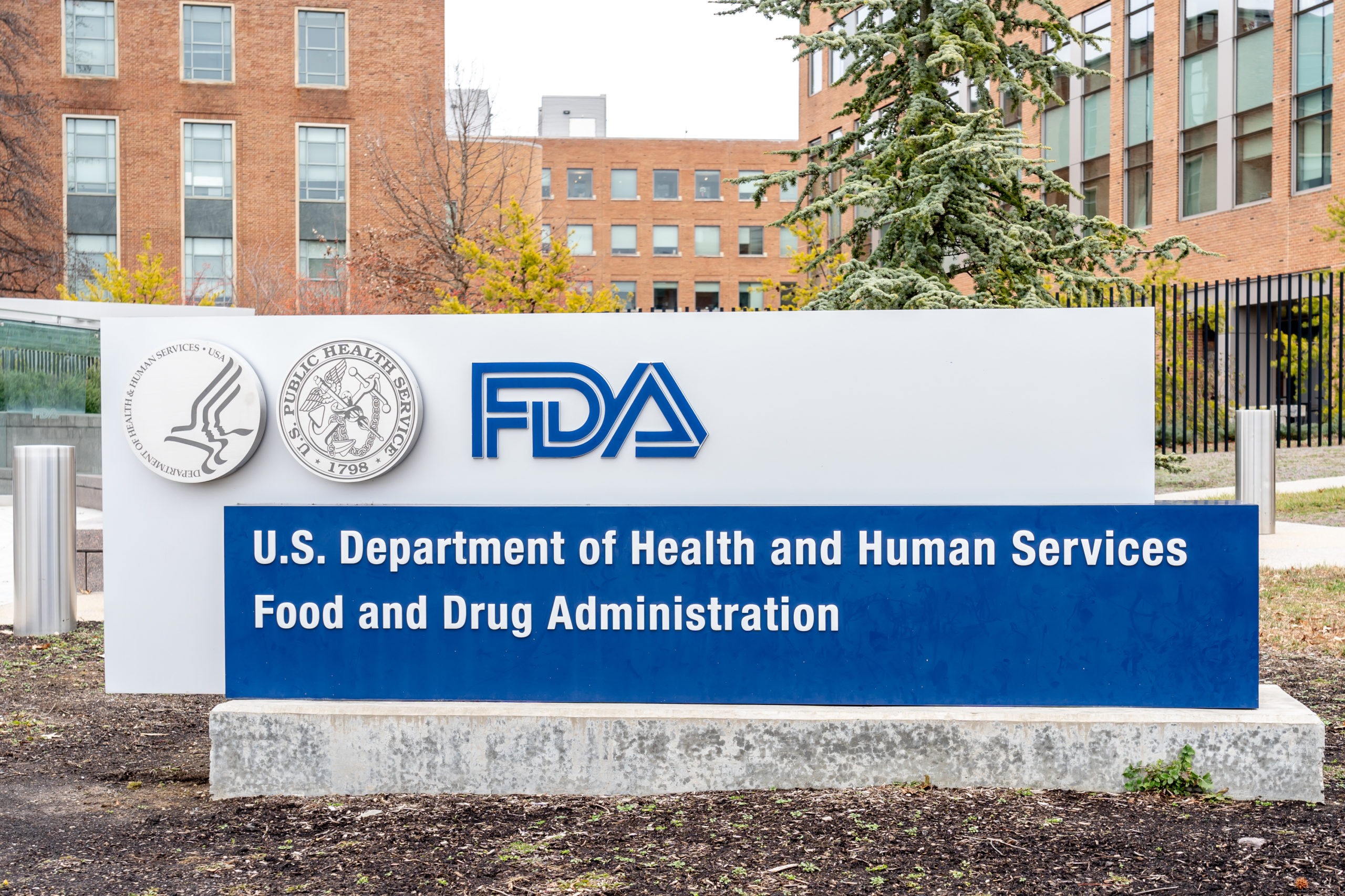Outrage of the Month: Biden’s Recycled FDA Commissioner Pick: Still Unfit for Duty
Health Letter, January 2022
By Michael Carome, M.D.

If you’re not outraged,
you’re not paying attention!
Read what Public Citizen has to say about the biggest blunders and outrageous offenses in the world of public health, published monthly in Health Letter.

On Nov. 12, 2021, President Joe Biden nominated cardiologist Dr. Robert Califf to once again be commissioner of the Food and Drug Administration (FDA). Califf previously served as FDA commissioner from February 2016 to January 2017, during the final year of President Barack Obama’s presidency. Public Citizen strongly opposed Califf’s nomination in 2015, and our opposition this time around remains firm.
The country desperately needs an FDA leader who will reverse the decades-long trend in which the agency’s relationship with the pharmaceutical and medical-device industries has grown dangerously cozier — resulting in regulatory capture of the agency by industry. Califf would not be that leader.
During his more than 30 years at the Duke University School of Medicine, he established a remarkable web of financial relationships with drug and medical-device companies. From 1996 to 2006, he was founding director of the Duke Clinical Research Institute, which received extensive funding from the pharmaceutical industry for clinical trials.
Subsequently, from 2006 to 2015, he served as a board member and consultant for Faculty Connection, a company that provided a wide array of services to the pharmaceutical, biotechnology and medical-device industries. Among the many services promoted by Faculty Connection is regulatory consulting, including strategic input on regulatory interactions with the FDA. As a prolific industry consultant, Califf undoubtedly helped companies navigate the FDA review process and spin their messaging as they sought approval for potentially lucrative new drugs and medical devices.
During just the few years before his previous stint as FDA commissioner, Califf reported receiving personal fees for consulting from at least 19 major pharmaceutical manufacturers, including Amgen, GlaxoSmithKline, Johnson & Johnson, Novartis and Pfizer.
After exiting the FDA in 2017, Califf revived his lucrative ties with FDA-regulated pharmaceutical companies. For example, according to the federal Open Payments database that tracks drug- and device-company payments to physicians, since 2017 he has received personal payments totaling more than $45,000 for consulting from numerous companies, including AstraZeneca, Boehringer Ingelheim Pharmaceuticals, Eli Lilly, Merck Sharp & Dohme and Sanofi. And in February 2018, he was appointed to the board of directors of the biopharmaceutical company Cytokinetics.
It would be dangerously naïve to assume that Califf has not developed deeply ingrained attitudes that favor the interests of the drug and medical-device industries or that he can readily divorce himself from the biases nurtured by the pervasive industry relationships that he has amassed over his career.
Califf’s confirmation hearing before the U.S. Senate Committee on Health, Education, Labor & Pensions took place on Dec. 14, 2021. During the hearing, some senators raised concerns regarding his close financial ties to the pharmaceutical industry and the FDA’s decades-long failure to adequately regulate prescription opioids.
Califf must not be allowed to again pass through the revolving door between the FDA and regulated industries. The Senate therefore must reject Califf and demand that Biden nominate an individual who has been predominantly dedicated to advancing public health — one who unquestionably will place the public interest ahead of the interests of FDA-regulated industries.